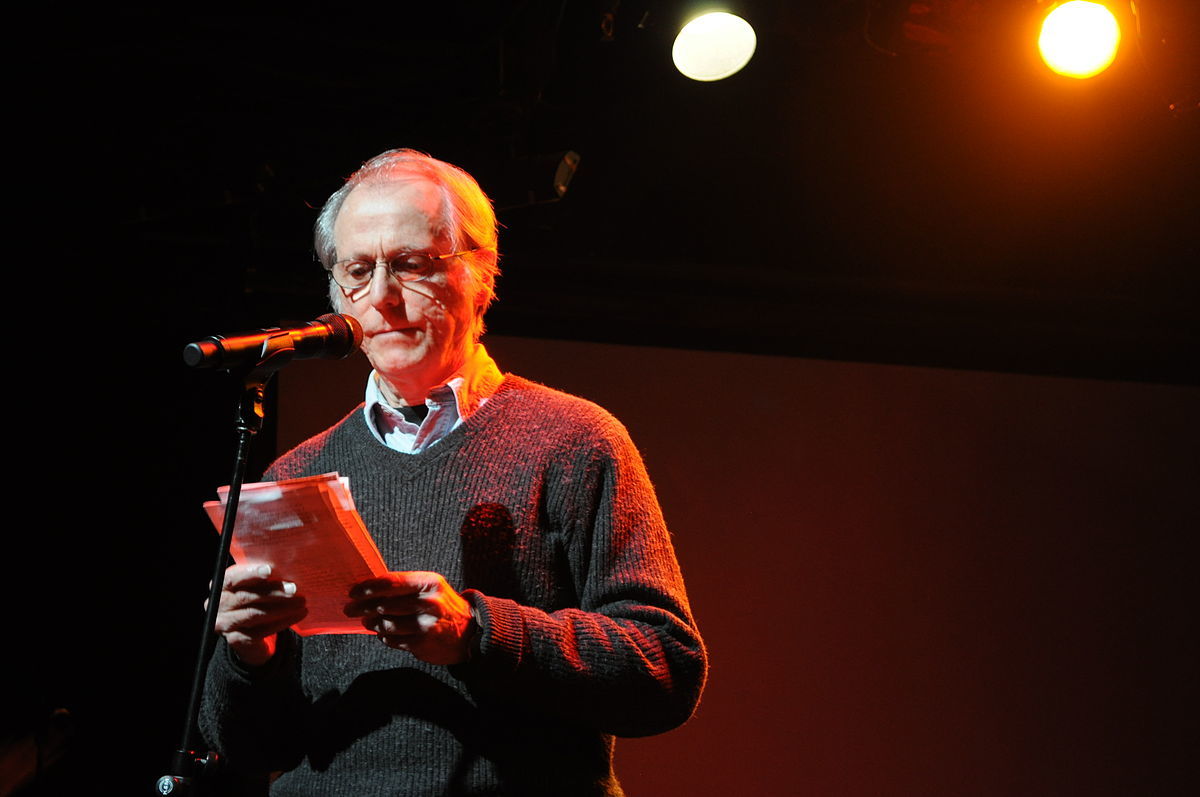
NOTE: This article is a republication- Source: Bbc.com (by John Self).
The writer that inspired Netflix's latest hit White Noise is a dazzling chronicler of modern America, and one of the country's legendary novelists, writes John Self.
"A brilliant story about death and the fear of death," said the original jacket blurb on Don DeLillo's 1985 novel White Noise – adding that the book "is a comedy, of course." This month, Noah Baumbach's Netflix film of White Noise dazzles its way on to our screens, and we're promised "a fascinating, invigorating spectacle," a "thrillingly original" blast of cinematic lustre.
So this feels like a good time to look again at White Noise's author – and consider why Don DeLillo is one of the great novelists of our time. He published his first novel in 1971, and for half a century has been one of those writers who makes us think in a new way: read him for long enough and the world begins to look different.
DeLillo's early novels were about things – advertising (Americana, 1971), sport (End Zone, 1972), rock music (Great Jones Street, 1973). Later in the 1970s he began to grow and experiment more: novels like Ratner's Star (1976), Players (1977) and Running Dog (1978) were playful, intricate and increasingly uninterested in forcing DeLillo's talents into standard literary forms: they mashed up elements of science fiction, thrillers and satire with big-brain subjects (astronomy, economics, social history). And they started to win him a reputation: "There's Norman Mailer, there's Thomas Pynchon, now there's Don DeLillo," gasped the Los Angeles Times on the paperback cover of Running Dog.
To read the full article click here